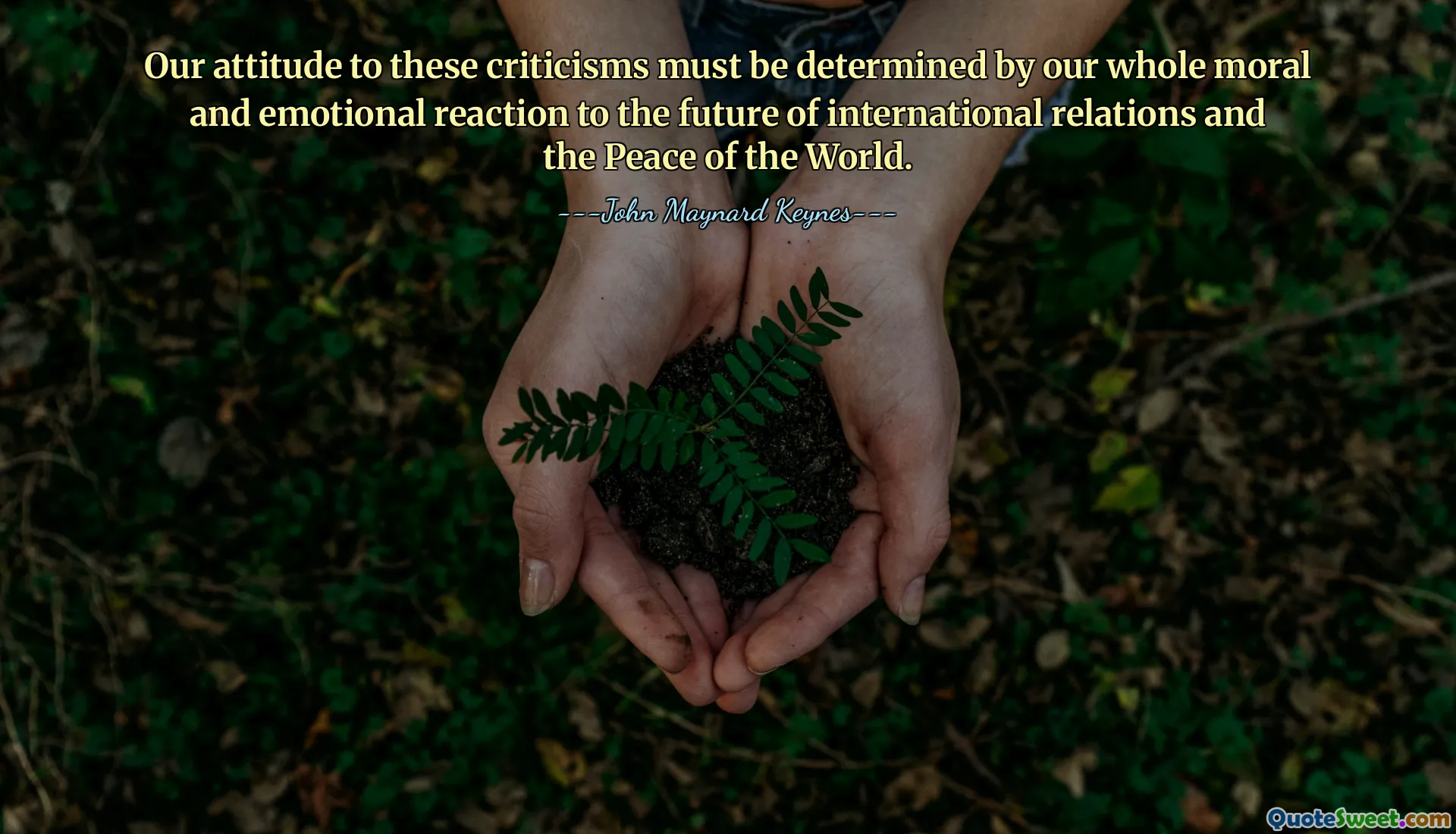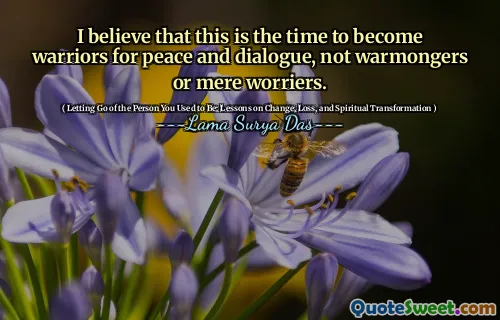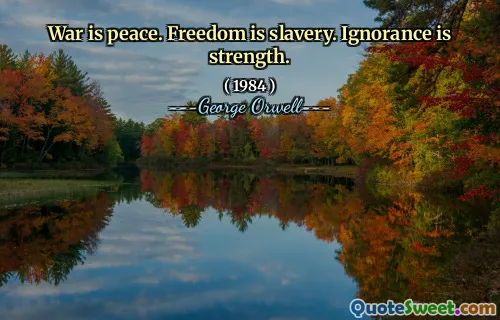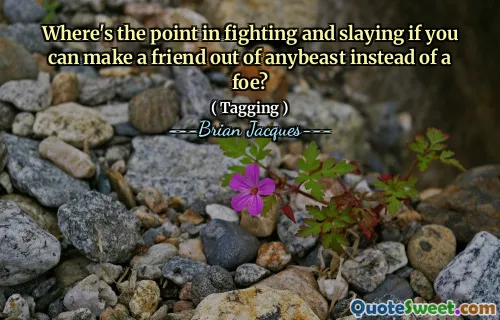
Our attitude to these criticisms must be determined by our whole moral and emotional reaction to the future of international relations and the Peace of the World.
This quote by John Maynard Keynes offers profound insight into how we ought to approach criticism, especially within the complex arena of international relations. It suggests that our response should not be mechanical or purely intellectual but rather deeply rooted in our moral values and emotional aspirations for a peaceful global future. In this light, criticism becomes more than just feedback—it is a moment for reflection that engages the entirety of our ethical compass and our hopes for harmony among nations.
What is striking here is the intertwining of 'moral and emotional reaction' as a foundation for attitude. Often, decisions in international affairs risk being reduced to cold calculations or realpolitik; Keynes reminds us that the heartbeat of these decisions ought to echo humanity’s higher ideals and empathetic understanding. Such an approach imbues diplomatic efforts with sincerity and depth, acknowledging that peace is not merely the absence of war but the presence of justice, trust, and mutual respect.
This quote also invites us to internalize the seriousness of criticisms rather than dismiss them. By aligning responses with our broader vision for world peace, criticism becomes constructive rather than confrontational. It frames future international cooperation as a moral endeavor, propelled not only by self-interest but by a collective hope for enduring stability.
In a contemporary context, where global challenges require united action, this philosophy underscores how crucial it is to let our ethical and emotional commitments guide our responses. It encourages not just political leaders but all individuals connected through an increasingly interdependent world to view critiques as stepping stones toward a more peaceful and just global society.








